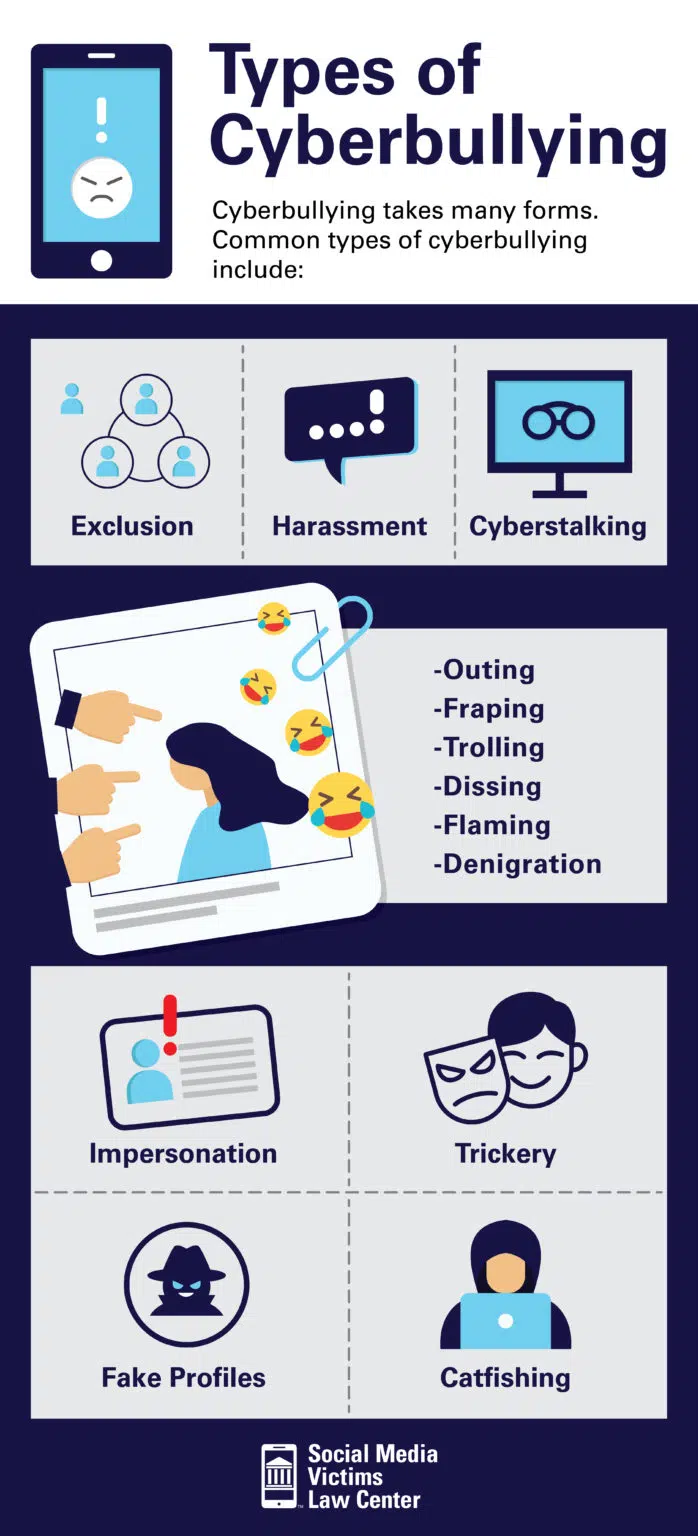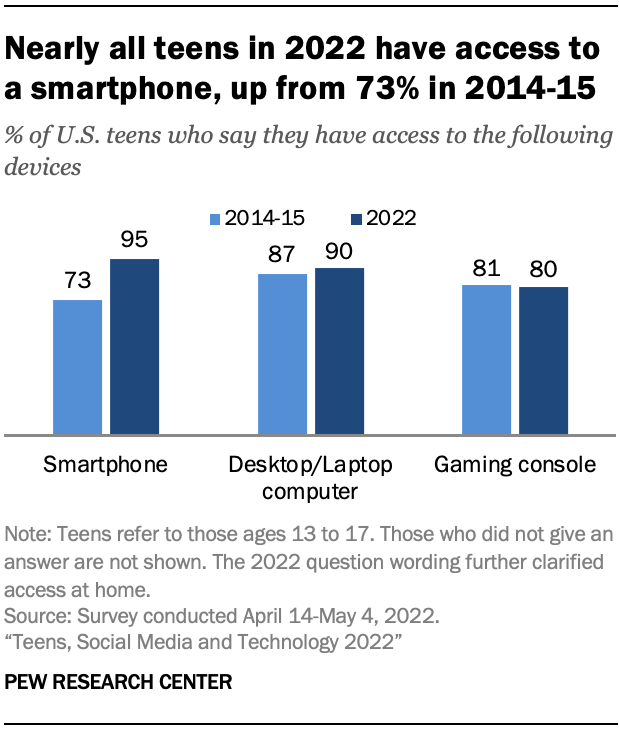How bad has the cyberbullying epidemic become in America today for today’s younger generation? Our Patrick Bet-David takes a closer look and shares his perspective.
He begins by discussing Disconnect, a 2012 film starring Jason Bateman. It follows a group of teenagers who make a fake profile of a girl to bully their classmate to the point where he attempts suicide.
It captures a truth about our society that few want to think about. In 2017, a young woman was on trial for — successfully — urging her boyfriend to commit suicide over texts.
Just weeks ago, teenagers at a New Jersey high school caused a scandal by generating AI nude pictures or “deep fakes” of their female classmates.
What can parents do to address this issue?
Learn the benefits of becoming a Valuetainment Member and subscribe today!
Nonprofit organization Social Media Victims Law Center categorizes different types of cyberbullying: exclusion, harassment, cyberstalking, outing, doxxing, fraping, trolling, dissing, flaming, denigration, impersonation, trickery, fake profiles, and catfishing.
All of these tactics lower the victims’ self-esteem, increase their levels of depression and anxiety, damage their reputations, damage relationships, and creates the possibility of suicide.
Cellphone company Gabb, which creates products in the name of preventing bullying and protecting mental health, says five main habits lead to these problems.
Problem one is screen time. Children who spend too much time on their electronic devices often have trouble developing emotionally and socially.
Problem two is social media. Children and teenagers are exposed to noxious content on these platforms and can fall victim to cyberbullying and even sex crimes.
Problem three is explicit content. Provocative, sexual, and inappropriate content in general floods the internet and can have deleterious effects on the mental health of young people. According to Gabb, age 11 is the average age at which kids are exposed to pornography.
Problem four is cyberbullying. Children who spend too much time on their devices come into increasing risk of getting bullied, which includes hacking, rumors, and embarrassing photos.
Problem five is sex crimes. One in five youths have received a sexual solicitation online, and 82 percent of online sex crimes start with social media.
Nearly all (97 percent) of teenagers in America use the internet daily, and the vast majority (95 percent) have access on mobile devices, which have less oversight from parents. Teen girls are more likely than teen boys to say they have been cyberbullied because of their appearance (17 percent vs. 11 percent) and their gender (14 percent vs. 6 percent).
Some signs your teen may be getting bullied, according to Social Media Victims:
- Withdrawal from family events, social gatherings
- Sudden decline in grades
- Reluctance to go to school
- Faking illnesses to avoid school
- Avoidance of internet use
And, conversely, some signs your teen may be bullying others:
- Avoids talking about their online activity
- Has multiple social media accounts
- Suddenly switches screens on their computer when an adult walks by
- Overuses digital devices
- Becomes upset if their device isn’t available
Patrick has recommendations for parents to prevent their kids from cyberbullying or being cyberbullied. The primary way is to keep your kids busy so they don’t have time to waste on their mobile devices. Additional measures include setting clear rules for your children’s internet use, using parent controls on computers, devices, and routers, and teaching them how to report cyberbullying and what to do if they are bullied.
Lastly, Patrick shares a piece of advice he gave to his son. When his son came to him complaining that other kids were calling him weird, Pat told him that it’s good to be weird because weird people often go on to invent new things and accomplish unimaginable feats.




















Add comment